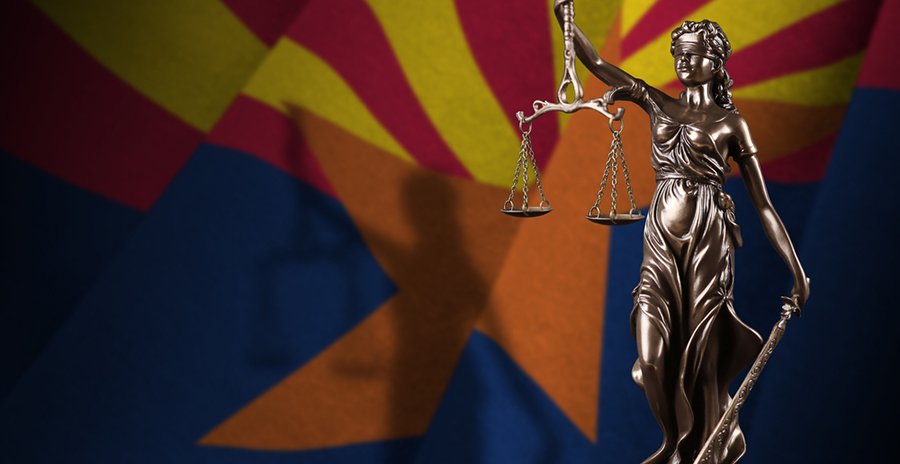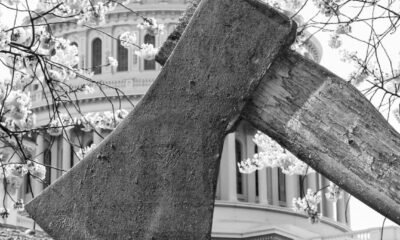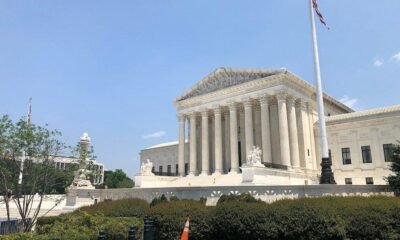Adelita Grijalva
Supreme Court Mandates School District to Cover Desegregation Expenses

School districts that spend funds on court-ordered desegregation programs will not get state reimbursement, the Arizona Supreme Court ruled Monday.
The justices upheld a 2018 decision by state lawmakers, which places the financial burden solely on district residents rather than statewide taxpayers.
The court found the 2018 legislative change did not violate a 1980 constitutional amendment limiting local taxes.
The ruling directly impacts $8.1 million previously earmarked for Tucson Unified School District, which a trial judge had mandated the state to cover.
Adelita Grijalva, a former TUSD board member and current county supervisor, stressed the broader implications of the ruling. Local taxpayers will now bear the full cost of desegregation programs or face budget cuts.
“We have funding that’s critical to many of our programs and preventing a backslide,” Grijalva told Capitol Media Services. She pointed out that avoiding court orders requires sustained spending.
Desegregation measures have been a continuous concern, dating back to her father’s tenure in the 1970s. Grijalva noted the district faced court orders again after just a year and a half of compliance.
Monday’s ruling means TUSD must consider immediate program cuts, having already approved the budget for the new school year.
Other Arizona districts under similar orders, or possibly facing future ones, also cannot rely on state funds once local tax rates are maximized.
A 1980 voter-approved constitutional amendment caps primary property taxes at 1% of a home’s full cash value. For example, on a $400,000 home, primary property taxes must not exceed $4,000.
Historically, desegregation costs have been classified under primary taxes. Once a homeowner’s taxes hit the cap, the state covered any excess. This provision no longer stands with the court’s latest ruling.
In 2018, then-Gov. Doug Ducey proposed shifting desegregation expenses to the secondary tax category to fund teacher pay raises. This shift saved the state $8.1 million that would otherwise go towards keeping TUSD’s primary property taxes under the cap.
Tax Court Judge Christopher Whitten initially ruled that lawmakers couldn’t reclassify these expenses to circumvent the constitutional cap. However, Justice Robert Brutinel argued that tax classifications are statutory and can be amended by the Legislature.
Brutinel emphasized that even with reclassification, desegregation expenses still fall under the 1% limit, prompting districts to cut expenditures or find alternative funding.
Following the Court of Appeals’ decision in 2021 to overturn Whitten’s ruling, Pinal County supervisors increased tax rates to cover the unreimbursed costs for Maricopa Unified School District.
















